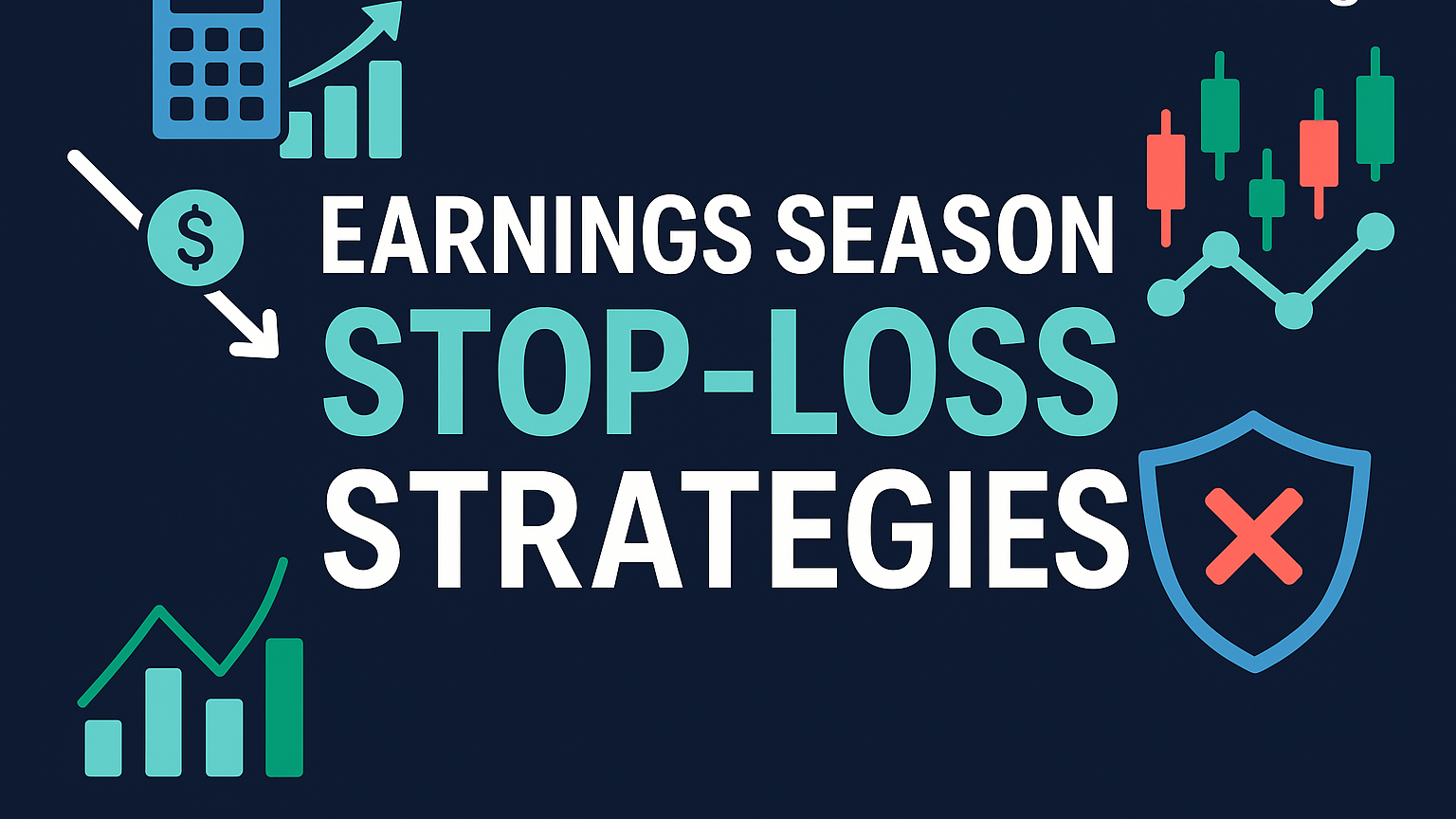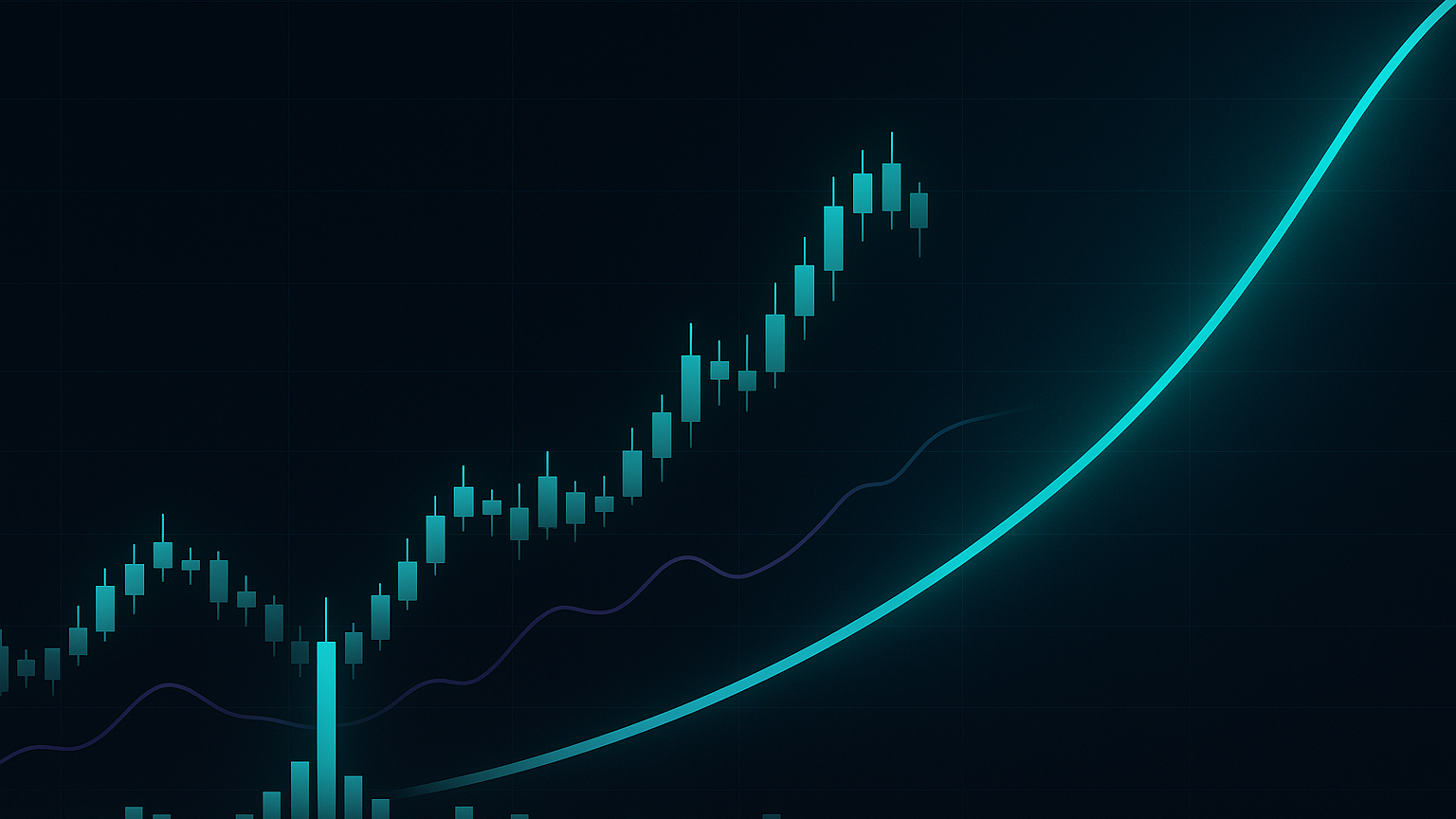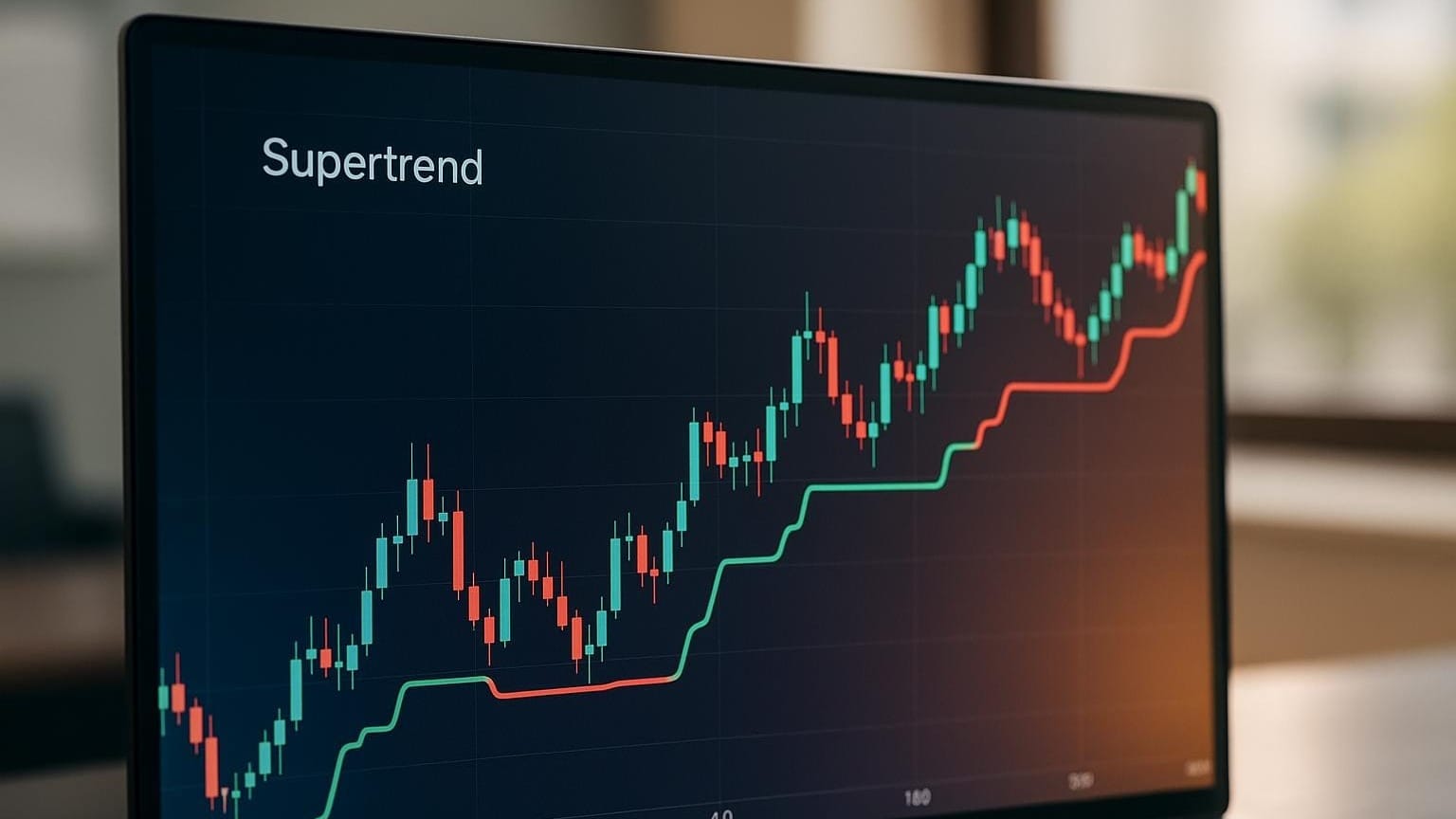The Role of Risk Management
Risk management is arguably the most important aspect of trade management. No matter how solid a strategy seems on paper, without proper risk control, even the best-laid plans can lead to disaster. Managing risk ensures traders can survive in the market long enough to capitalize on opportunities and minimize losses when trades go wrong.
Position Sizing: One of the most overlooked aspects of risk management is proper position sizing. It’s essential to adjust the size of each trade relative to your overall account balance and risk tolerance. For example, many traders use the rule of risking no more than one to two percent of their total account on any single trade. This limits potential losses and allows room to recover from inevitable losing streaks.
Stop Losses: Setting a stop loss is crucial for preventing emotional decisions during a trade. By pre-defining a point at which you’ll exit the trade if it moves against you, you protect yourself from letting a small loss grow into a catastrophic one. This is where discipline comes into play: once a stop loss is set, it must be respected, no matter what the market does in the short term.
Managing Drawdowns: Even the most successful traders experience drawdowns. What matters is how well they manage them. The key is to recognize when your strategy is underperforming and not compound losses by trading emotionally. Drawdowns are a signal to either reduce position size or reassess your strategy to ensure it’s still effective in the current market environment.
Risk vs. Reward: Every trade should be assessed in terms of its risk-to-reward ratio. Ideally, traders aim for setups where the potential reward outweighs the risk. For instance, risking one unit to potentially gain two or three units creates a favorable ratio. Not every trade will hit the reward target, but maintaining a good risk-to-reward ratio over time helps ensure profitability.
Trade Approach and Strategy Adaptability
The market never stays the same for long. A strategy that worked like magic a few months ago might suddenly start underperforming. This is where adaptability comes in—it’s all about knowing when to adjust your approach without scrapping everything at the first sign of trouble.
The Market Always Changes: Whether it’s new regulations, economic shifts, or even trends in technology, the market is constantly evolving. If you’re trading with a strategy you developed years ago without ever tweaking it, you’re likely missing out on current opportunities or exposing yourself to risks that didn’t exist before.
Review and Adjust Regularly: It’s important to take a step back and review your strategy every so often. This doesn’t mean changing it on a whim, but it does mean evaluating its effectiveness in different market conditions. Is it still delivering the results you expect? Are you seeing patterns where it fails consistently? Regular reviews let you tweak and fine-tune your approach as the market evolves.
Patience vs. Adaptability: There’s a balance to be struck between sticking with your strategy and knowing when to pivot. You don’t want to jump ship just because you’ve had a few bad trades, but you also don’t want to hold on to a failing strategy for too long. It’s all about reading the signs, staying patient when necessary, but also not being afraid to make adjustments when you need to.
Backtesting and Forward Testing: These are great tools to help you adapt your strategy. Backtesting lets you see how a strategy would have performed in the past, giving you some idea of how it might behave in future market conditions. Forward testing, on the other hand, is more like running a strategy in real time with small stakes to see how it holds up. Together, they help you figure out what changes, if any, are needed.
The Best Traders Are Adaptable: Ultimately, the traders who stick around the longest are those who can evolve with the market. It’s about finding that sweet spot between staying true to what works and knowing when it’s time to adapt to something new.
Psychology: Important, but Overemphasized
There’s no doubt that psychology plays a role in trading, but let’s be real—it’s often blown way out of proportion. Every trader has heard that mindset is everything, but that’s not entirely true. Sure, emotions like fear or greed can affect decisions, but psychology isn’t the root cause of most failed trades. A bad strategy is a bad strategy, no matter how calm or disciplined you are.
Psychology Is an Easy Scapegoat: Too often, people blame their failures on psychology because it’s easier than admitting that their strategy isn’t up to scratch. You’ll hear traders say things like, “I just didn’t stick to my plan,” or “I let emotions get the best of me.” But honestly, the real issue is usually deeper—maybe the plan wasn’t that solid to begin with, or the strategy wasn’t suited to the market conditions.
Emotions Matter, But They’re Not the Whole Story: Of course, emotions can mess with your trades. Panic selling or chasing a runaway stock are classic examples of how emotions can sabotage a good trade. But if you have a proper risk management system and a strategy that works, those emotional moments don’t carry as much weight. When you have a good plan in place, you can weather those ups and downs without getting too caught up in the emotions of the moment.
Overemphasizing Psychology Can Distract from Real Issues: Here’s the problem: if you’re constantly being told that your trading failures are because of your mindset, you might never get around to fixing the real issue, which is your approach to trading. Instead of focusing on building a better strategy or refining risk management, traders end up chasing mental tricks or motivational mantras, thinking that’s what will turn things around.
A Balanced View: Psychology definitely has its place—no one’s saying you should ignore it entirely. Staying calm during a volatile market or being patient enough to let a trade play out are important skills. But those psychological edges only matter if you’re working with a solid foundation. Without the right strategy and risk management, all the discipline in the world won’t save you.
Discretionary vs. Systematic Trading
When it comes to trading, people tend to fall into one of two camps: discretionary traders or systematic traders. Both approaches have their merits, but each comes with its own set of challenges, especially when it comes to trade management. Whether you prefer to wing it with a bit of intuition or stick to a strict set of rules, the key is knowing the strengths and weaknesses of your style.
Discretionary Trading: The Art of Flexibility
Discretionary traders have the freedom to make decisions on the fly. They rely on their knowledge, experience, and sometimes a bit of gut instinct to read the market and react accordingly. This gives them an edge in unpredictable situations because they aren’t tied to a rigid framework. However, it can also lead to inconsistency if they don’t have a strong foundation of discipline. Without clear guidelines, it’s easy to get swept up in the moment and make emotional decisions that don’t align with the bigger picture.
Systematic Trading: The Power of Consistency
Systematic traders, on the other hand, operate with a set of strict rules. Their trades are based on specific conditions, such as technical indicators, price patterns, or algorithms. The benefit here is that emotions are kept out of the equation—if the criteria are met, the trade is made. The downside is that systematic traders can struggle when the market behaves in ways that their system didn’t account for. Adapting to a sudden shift in market conditions can be difficult when you’re following a rulebook.
Flexibility vs. Structure
The choice between discretionary and systematic trading often comes down to a trader’s personality and goals. Discretionary traders thrive on flexibility and adaptability, while systematic traders rely on structure and consistency. But here’s the thing: both approaches benefit from a little bit of the other. Discretionary traders can avoid making rash decisions by incorporating some rules or guidelines, and systematic traders need to remain flexible enough to update their systems when market conditions change.
The Common Ground: Trade Management
Regardless of which style you use, managing trades effectively is the common ground. Discretionary traders need to keep their impulses in check, and systematic traders need to recognize when their system needs tweaking. Both approaches require constant learning and a willingness to adapt when things aren’t going according to plan.








